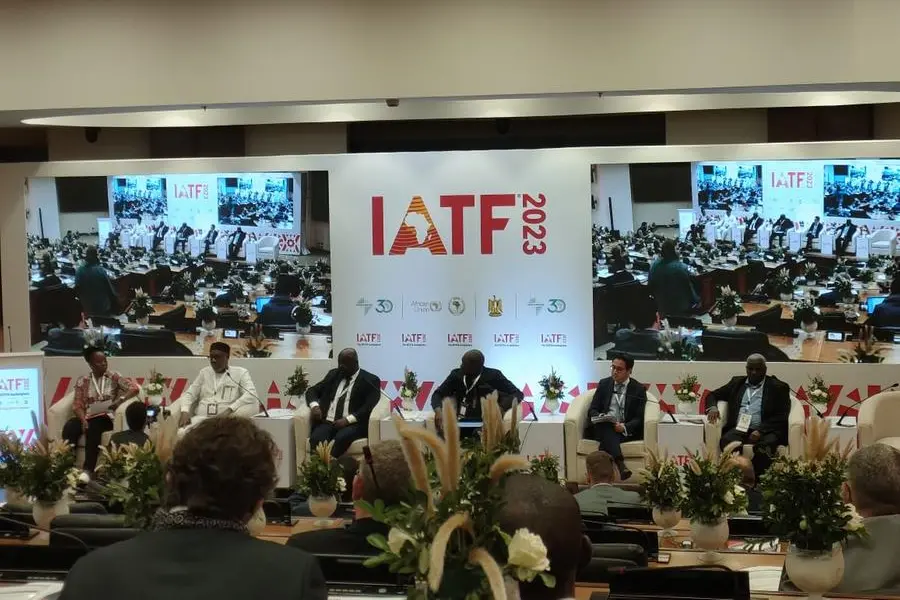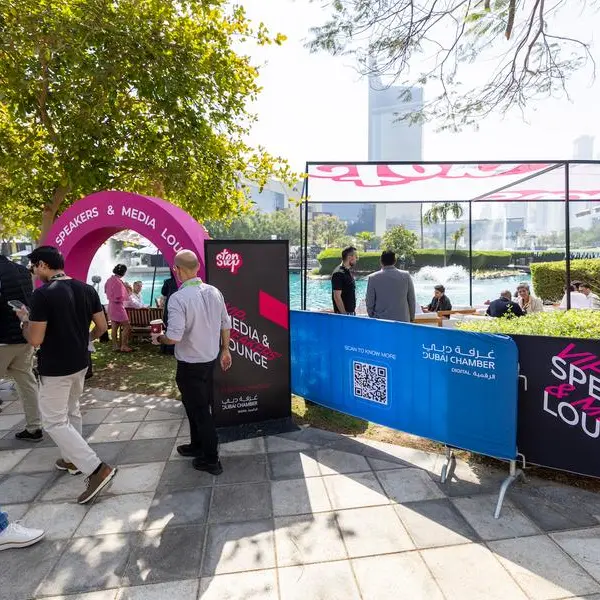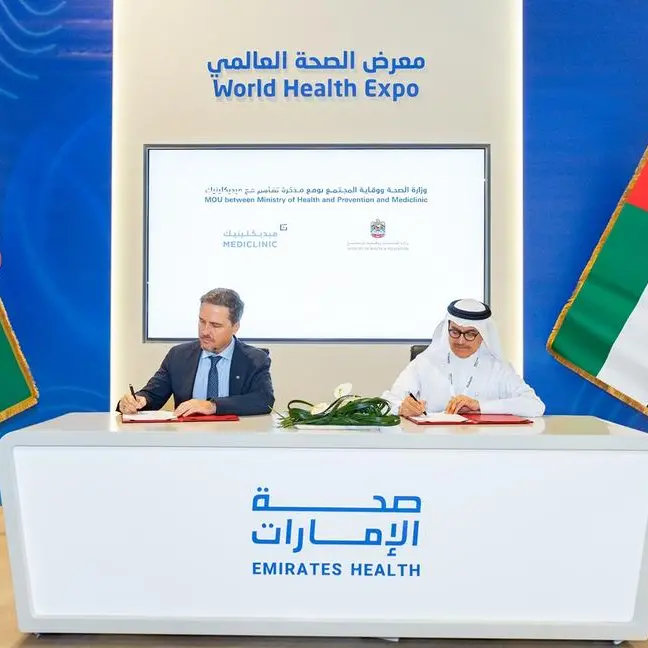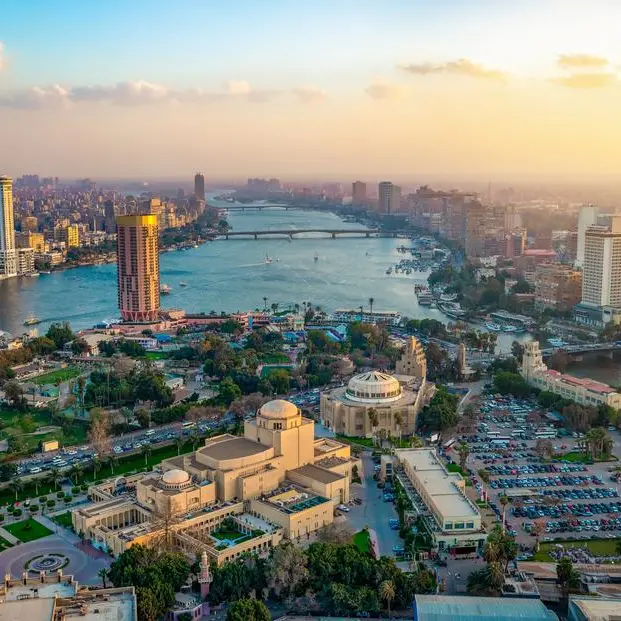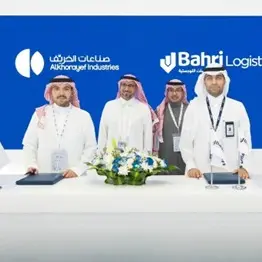PHOTO
Michael Okyere, Ghana's Deputy Minister of Trade and Industry, explained that his country imports 100,000 cars annually, 90 percent of which are used cars that are 6 months old or older.
He pointed out that Ghana has been able to establish a strong mechanism to confront the dangers of cars, as the car licensing authority has reached a very strict policy by subjecting cars to inspection every 6 months, as well as drivers, to determine the cars’ eligibility to drive on the road.
He said that most cars arrive in Ghana from the parallel market without rules and monitoring, but they are also subject to inspection, noting that a fine is imposed on cars that are more than 10 years old, which is a deterrent measure for importers to encourage the assembly of cars in Ghana or the import of new cars.
Kojo Annobile, a member of Ghana Automotive Development Center added that the center provides services to the government to address problems related to car assembly, by monitoring assembly processes in factories.
He stressed that it is difficult to exchange used cars for new ones, due to their high cost, stressing that creating a car exchange market will expand the scope of the car market.
He pointed out that the used car market depends on imported cars, and the center has taken steps to link the used car market and dealers with approved car dealerships, in addition to encouraging showroom owners to exchange these cars within the country instead of relying on imports.
Pablo Villafuerte from the European Union Commission stressed Africa's support for the transition to using safer cars, noting the responsibility to ensure that used cars exported from European Union countries are safe for the environment and human health.
He pointed out that the European Union Commission has adopted legislation regarding cars that have reached the end of their lives, and preventing the export of cars that do not harm the environment.
He stressed the dissemination of the idea of car worthiness certificates by 2035, which means that every car exported from Europe must be presented to obtain a certificate that it is roadworthy, provided that it is among the documents accompanying the car.
He stressed the necessity of fuel quality, as this matter would not succeed without it, saying: “Africa must begin measures to improve fuel, and we provide it with the necessary incentives for that.”
Rouben Gisore , member of the African Organization for Standardization stressed the need to set standards for used cars and for 80% of the car to be in good condition.
He pointed to setting standards for evaluating used cars, their safety and their impact on the environment.
He said: “We need the ability to move and transport products and people. There are a lot of products that rot on the road because there are no cars to transport them, which constitutes a major challenge.”
He continued: “In 2019, we began implementing the first standards with the support of Afrexim Bank, to know what we expect from cars, their characteristics, their impact on the environment, as well as the types of fuel used.”
